Music Appreciation Test
So what happens when you listen to a song under the Chiron PPG system ?
Introduction
The music world is an ever-evolving one. To give you an objective view, 60 000 songs are uploaded on Spotify every day which totals around 22 million songs in a year ! The music industry is responsible for catering to the ears of its listeners and the expanding genres of music expressionism is testament of its resilience. But what is music to someone? A general answer would be to evoke feelings. The more evoking the song is, the more popular it seems to be. An abstract concept which is difficult to understand except via subjective lens, or the ears of experts in this case. And there's a catch. Let's take the Spotify example, in the case of the 60 000 songs uploaded in a day, how many will ever make it to our ears ever?
So there's a motivation to find a way to monitor how people are reacting to a particular song and how we can then compare two songs of the same genres on an individual and audience experience. One might argue that there are many factors which plays into the 'popularity' of the song. If you are shared by a star, you have an increased chance at success which is governed by luck rather than skill and content. However, a more solid route is to consistently create and share your music around and if you can reach your target demographics while being relevant, it will be successful.
The Music Industry
And if you're an established music producer, you have millions to save in avoiding bad investment in artists and even more to gain by validating and streamlining the song to be most evoking. By making sure a song is properly sang & edited to be more evoking, especially when delivered in a blind test to an audience, a music producer will know when to pull the trigger. It might be argued that it removes the 'personal touch' of the artist as it is 'designed' to sound great. But this undermines the effort the artist provides in the creation of the song. Also, it is common practice for music-writing and singing are done two different individuals. We believe that creating a piece that is meaningful to the most people without disturbing the flow and content of the artist is possible.
The Experiment: Music Appreciation Test
The word 'evoking' was thrown around a lot in the previous paragraph. Let's convert it to biomedical engineering lingo, the RMSSD is the main variable in this case. The experiment consists of two recordings: the baseline and the actual experience. The baseline consists of simple questions that you could answer on top of your head without requiring any kind of memory recall or logic processing, like what is 1+1, or your name. We have made 3 different questionnaires which can be answered by writing, mental 'voice' and spoken voice. Our experiment was to test the following hypothesis:
"Heart rate monitored when listening to a 'liked' song will have a lower RMSSD than baseline monitoring's RMSSD"
We did not test ‘disliked song’ because it was difficult to identify & validate the choice for individual subject. We self-tested once on the dislike song and it followed the predictable increase in RMSSD and contraction of Poincare Plot. However, one test is far from validation.
The experiment was conducted on 25 individuals, 15 of whom were present at an event organized by "Institut Français de Maurice" and the results show that in 95% of test subjects, a decreased value of Song-RMSSD compared to Baseline-RMSSD was obtained. The percentage decrease varies from 5% to 45% thus creating a spectrum of change.
An example of the RR-interval graph (referring to the time between each heartbeat) from a subject is shown below. The 'variability' is increased when listening to the music. An increased heart rate variability related to a lower RMSSD value which point to increased arousal present when being 'happy and joyful'
For more details regarding this experiment including a comprehensive report (which we are providing for free), you can contact us via mail at:
founder@chironbiometric.consulting












